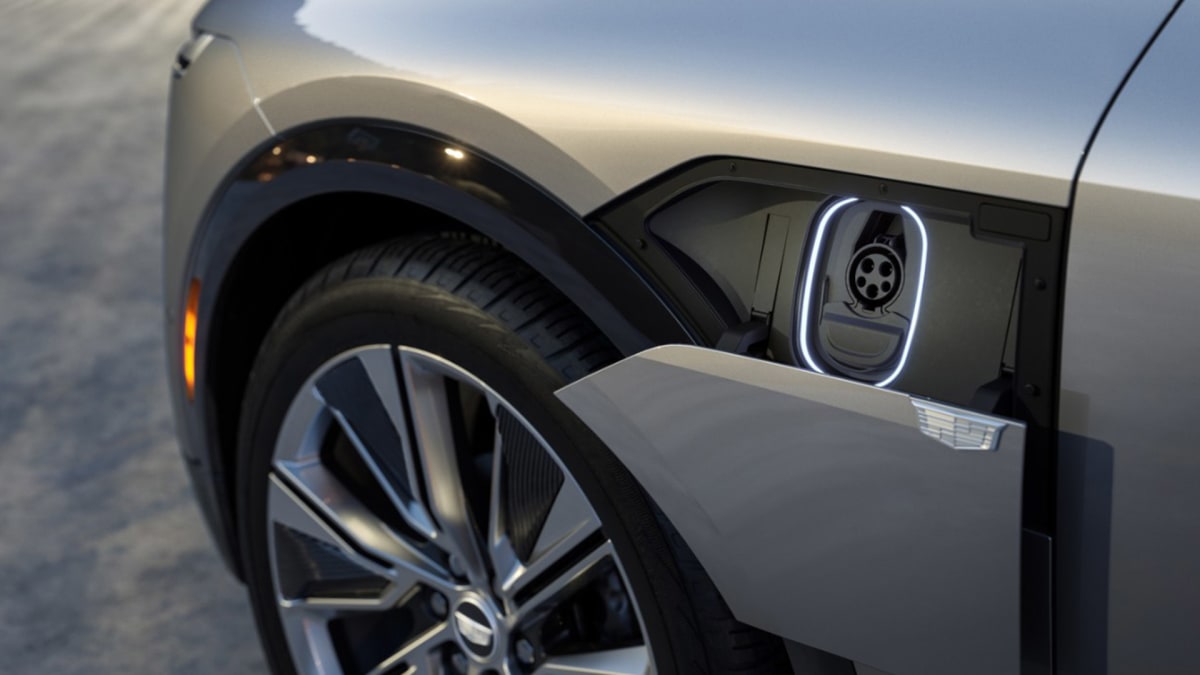
Before Detroit automakers can switch to making electric vehicles, they have to have the batteries to put into them.
So a big announcement Oct. 27 will likely be a key to the transition.
Lear Corp. (LEA) will build an $80 million manufacturing plant to supply battery disconnect units for General Motors' (GM) full-size Ultium platform-based electric SUVs and trucks.
Lear, which makes automotive seating and electrical distribution systems, said it will supply the battery disconnect unit on all full-size SUVs and trucks built on the automaker's Ultium EV Platform through 2030, Lear said on Oct. 27.
Lear said it is working with state and local officials on a plan to open a new manufacturing facility in Michigan with an anticipated investment of more than $80 million.
The site, which will manufacture BDUs and other electrification components, is expected to generate $500 million in annual electrification sales when it reaches full production, Lear said.
The deal also also expands Lear's existing business with GM and represents the single largest electrification platform win for Lear's E-Systems division..
"Lear is developing innovative technologies that are driving the widespread adoption of electric vehicles," Ray Scott, president and CEO, said in a statement.
"This additional new business with GM was made possible by Lear's recognized value proposition in electrification that combines flexible manufacturing operations and advanced Industry 4.0 automation technologies with our vertically integrated capabilities," he said.
On Oct. 25, GM posted stronger-than-expected third quarter earnings Tuesday, while repeating its full-year profit outlook, as higher car prices helped fuel record sales for the biggest U.S. automaker.
"We’re delivering on our commitments and affirming our full-year guidance despite a challenging environment because demand continues to be strong for GM products and we are actively managing the headwinds we face," CEO Mary Barra said in her quarterly letter to investors.
Last year, GM said it would stop selling vehicles with internal combustion engines, and would go all electric by 2035







